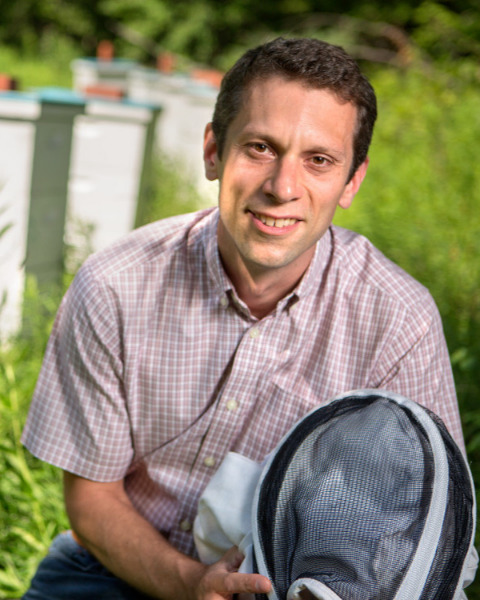10-Minute Presentation
Plant-Insect Ecosystems
10-min: P-IE, Pollinators 1
Impact of honey bee competition on wild bee fitness
Sunday, November 10, 2024
10:12 AM - 10:24 AM MST
Location: Phoenix Convention Center, 221 B
- MP
Maureen L. Page (she/her/hers)
Postdoctoral Researcher
Cornell University
Ithaca, New York 
Scott McArt
Associate Professor
Cornell University
Ithaca, New York
Presenting Author(s)
Co-Author(s)
Managed honey bees (Apis mellifera) often compete with wild native bees for floral resources, which could negatively impact wild bee fitness. However, we lack a clear understanding of when and where negative fitness impacts are likely to occur, limiting our ability to inform honey bee management decisions and policies. Using a two-year manipulative cage experiment, we assessed the individual and interacting impacts of honey bee competition and floral community composition on Bombus impatiens foraging and reproduction. Results from 2023 suggest that honey bee competition leads to decreased B. impatiens reproduction but has no effect on worker survival. Results from this summer should help us understand the underlying mechanisms behind fitness impacts (e.g., behavior changes, altered resource availability, etc.) We also intend to investigate whether negative impacts are less severe as the season progresses and more flowers become available. We expect this study to considerably advance our understanding of bee competition and inform more sustainable management of honey bees.

.png)
